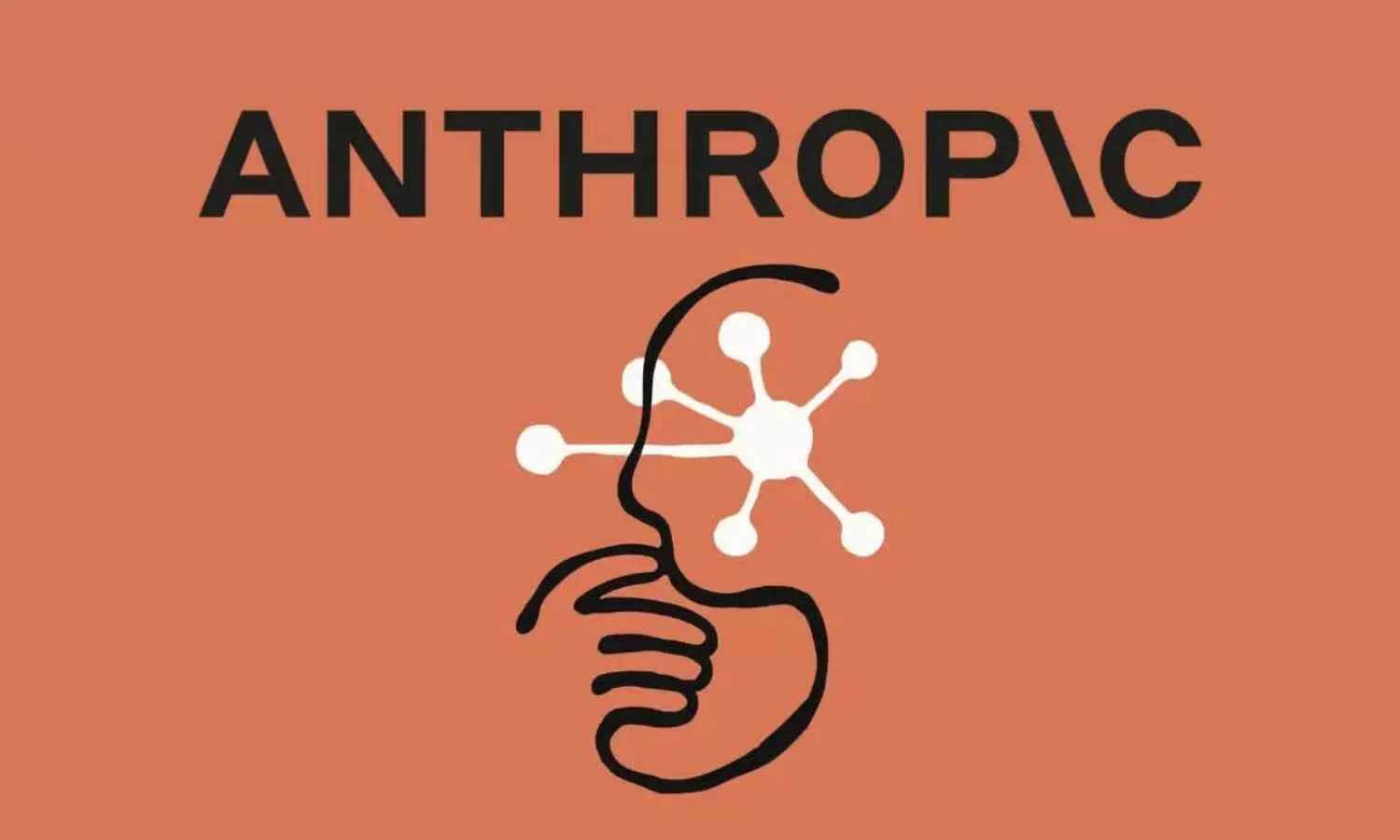A surprising development has emerged in the artificial intelligence sector as Anthropic, one of the prominent AI research companies, decided to terminate its Anthropic OpenAI API access just weeks before the anticipated release of OpenAI’s GPT 5. The move reportedly disappointed OpenAI CEO Sam Altman, who has long emphasized the importance of collaboration and open access within the AI research community.
The sudden cut in API access has raised questions about the dynamics between leading AI companies and the potential implications for innovation, competition, and the future of large language models.
Why Did Anthropic End OpenAI API Access?
Anthropic’s decision to end Anthropic OpenAI API access stems from multiple strategic and technical considerations. While the company has not disclosed every detail, industry analysts believe several key factors influenced this move.
Focus On Proprietary Development
Anthropic has been increasingly focused on building its own AI models and infrastructure. By terminating access to OpenAI’s API, the company signals its intent to rely less on third-party resources and prioritize proprietary research and development. This approach aligns with Anthropic’s long-term goal of creating safer, more interpretable AI systems.
Competition In AI Research
The competition between AI research labs is intensifying. Anthropic and OpenAI, once seen as part of a collaborative research ecosystem, are now competing for talent, customers, and market dominance. Ending Anthropic OpenAI API access may reflect a broader shift toward building independent technological stacks to avoid reliance on competitors.
Data Privacy And Control
Another possible reason involves data privacy and intellectual property concerns. By cutting off external API connections, Anthropic could gain tighter control over how data is used and how its research outputs are integrated into different platforms. This decision reduces potential vulnerabilities and enhances data governance practices.
Sam Altman’s Reaction And Industry Response
Sam Altman, CEO of OpenAI, expressed disappointment over the termination of Anthropic OpenAI API access. He has consistently advocated for open collaboration as a means of accelerating progress in AI development.
Emphasis On Shared Innovation
Altman’s leadership at OpenAI has been built on the philosophy that access to advanced AI models should foster innovation and create positive societal impact. The unexpected move by Anthropic challenges this principle, highlighting how corporate competition may hinder the free exchange of ideas and technologies.
Community Concerns
The AI research community has reacted with mixed opinions. Some researchers view Anthropic’s decision as a necessary step to establish independence and reduce competitive risks. Others worry that reduced collaboration could slow progress in AI safety and ethical research, areas where both companies have made significant contributions.
Implications For The AI Ecosystem
The termination of Anthropic OpenAI API access carries significant implications for the AI ecosystem, affecting research collaboration, product development, and even regulatory considerations.
Fragmentation Of AI Research
One immediate concern is the growing fragmentation within the AI research landscape. When companies withdraw from shared platforms, the flow of knowledge and tools becomes restricted. This can lead to duplicated efforts and slower overall progress, especially in areas requiring cross-industry cooperation such as AI safety and bias mitigation.
Market Competition And Innovation
From a business perspective, Anthropic’s move could enhance competition by driving innovation independently. The company is reportedly working on new models and products that rival OpenAI’s offerings, including potential alternatives to GPT 5. This competition could ultimately benefit end-users by providing diverse choices and stimulating technological advancements.
Potential For Regulatory Scrutiny
As leading AI companies adopt more closed strategies, regulators may examine the impact on market fairness and innovation. The termination of Anthropic OpenAI API access could be seen as a sign of increasing concentration of power within individual companies, prompting discussions about standards, transparency, and data accessibility.
What This Means For GPT 5
The upcoming release of GPT 5 is one of the most anticipated events in AI. However, the loss of Anthropic OpenAI API access raises questions about how such disruptions might affect early adoption and feedback loops for the new model.
Limited External Testing
API access plays a critical role in allowing third parties to test and refine use cases for new AI models. Without access to OpenAI’s API, Anthropic loses the opportunity to integrate early GPT 5 capabilities into its research and compare performance with its own models.
Competitive Positioning
On the other hand, Anthropic may see this as an opportunity to focus on competing directly with GPT 5 rather than building on it. By concentrating resources on proprietary models, Anthropic aims to establish itself as a distinct alternative in the market, potentially appealing to users seeking diverse options beyond OpenAI.
The Future Of AI Collaboration
The end of Anthropic OpenAI API access highlights a crucial question: what is the future of collaboration in AI?
Open Versus Closed Development Models
The AI industry faces a growing divide between open-source initiatives and closed proprietary platforms. OpenAI initially began as a nonprofit focused on open research, but as commercial interests grew, it shifted toward a more controlled access model. Anthropic’s decision to cut ties reinforces this trend toward closed development strategies, which may become more common as companies compete for technological leadership.
Need For Governance And Standards
Experts argue that stronger governance and shared standards are needed to ensure AI development remains transparent and ethical. The decision by Anthropic and OpenAI’s reaction could spark wider discussions about how to balance commercial interests with the collective responsibility to ensure AI serves humanity effectively.
Conclusion
The termination of Anthropic OpenAI API access ahead of GPT 5’s release is more than just a corporate decision; it reflects the evolving dynamics of competition, innovation, and collaboration in the AI industry. While Anthropic seeks independence and control, OpenAI emphasizes the value of shared resources and collaborative growth.
This development raises important questions about the future of AI research and the need to strike a balance between commercial success and collective progress. As the industry prepares for GPT 5 and other groundbreaking advancements, how companies choose to collaborate—or compete—will shape the trajectory of artificial intelligence in the years to come.
Read More






 Saturday, 28-02-26
Saturday, 28-02-26







